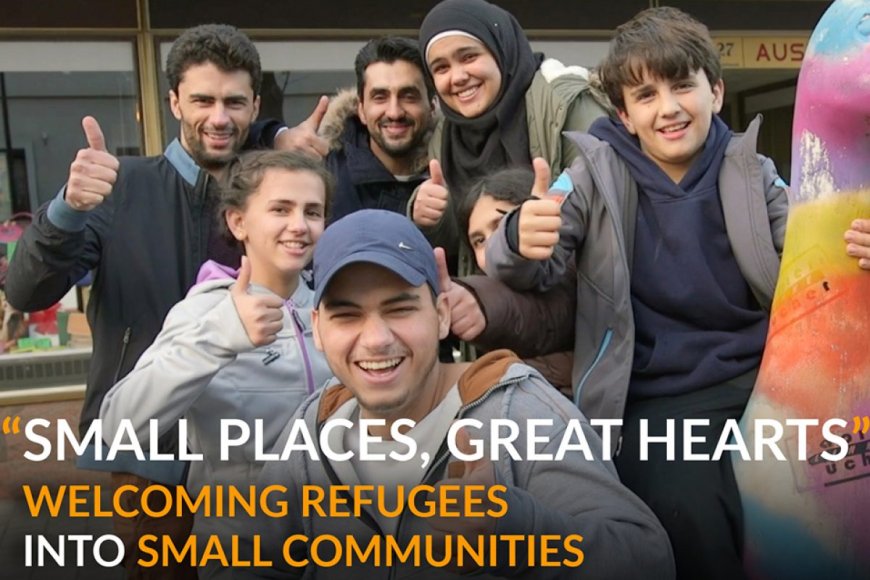“From Crisis to Community: Integrating Refugees into Society”
Discussing the challenges and successes of integrating refugees into new communities, this article highlights the importance of support systems and community involvement. This article explores the challenges and successes of integrating refugees into new communities, emphasizing the importance of support systems and community involvement. It aims to inspire action and support for refugee integration.

Integrating refugees into new communities is a complex process that requires support and collaboration. The story of the Syrian refugee community in Canada is a testament to the power of community support. With the help of local organizations and volunteers, many Syrian refugees have successfully integrated into Canadian society, finding jobs, learning the language, and building new lives.
In contrast, the lack of support for refugees in some European countries has led to social isolation and economic hardship. The story of Ali, an Iraqi refugee in Greece, highlights the challenges faced by refugees in countries with limited resources and support systems.
In Kenya, the integration of refugees into local communities has seen both successes and challenges. Projects like the Kalobeyei Integrated Settlement aim to provide refugees with opportunities for self-reliance and integration. However, refugees still face significant barriers, including limited access to education, healthcare, and employment.

Detention and deportation practices can hinder the integration of refugees. In Australia, the policy of detaining asylum seekers on offshore islands has been widely condemned for its harsh conditions and psychological impact. Similarly, in Kenya, the threat of deportation looms over many refugees, adding to their stress and uncertainty.
Xenophobia and anti-immigrant sentiment can also impede the integration of refugees. In Europe, the rise of far-right movements has led to increased hostility towards refugees. In Kenya, refugees often face discrimination and are blamed for economic and social problems, making it difficult for them to feel accepted and secure.
These examples illustrate the importance of providing support and opportunities for refugees to integrate into their new communities. By fostering a welcoming environment and offering practical assistance, we can help refugees rebuild their lives and contribute to society.
What's Your Reaction?














































































































